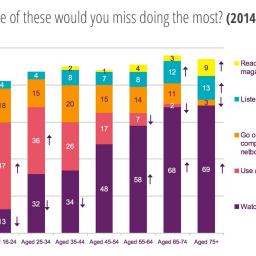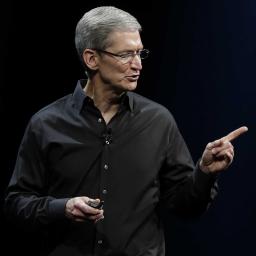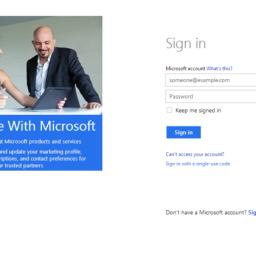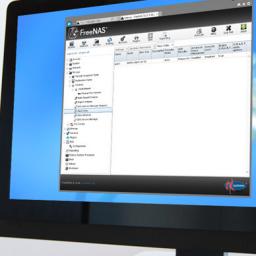WebOS is a mobile operating system developed by Palm in the last years before its collapse. It was sold to HP, who did very little with it. And despite a lot of rabid fans of the software, most people would tell you it was abandoned as iOS and Android swept the market. Instead, it was
sold to LG .
Smart Company reports
Palm's WebOS rides again as the software interface to a new wave of LG smart TVs . Over a million units have been sold so far, and LG research shows the market is in favor of the approach.
In-kyu Lee, vice president and head of LG Electronics' TV division, says the choice of webOS was driven by a choice of simplicity over "continuing to add more and more functions into our smart TVs that few people will ever use. Consumers seem to share our view that this is the right direction for the evolution of smart TVs going forward," Lee says.
Things are heating up at the high end again - a good thing, considering the growing need of supercomputers for intense number crunching in climate simulation, financial processing, and more.
Hewlett-Packard is taking on IBM in high-end supercomputers , the latest sign that H-P is doubling down on technology hardware while IBM pulls back from the market.
That's a big surprise coming from HP, whose recent financial tribulations have led some to wonder if
they'll even pull out of hardware all together .
Instead, HP is releasing two big systems: the Apollo 6000, consisting of a network of small machines, and the bigger, water-cooled Apollo 8000, which will compete with IBM and Cray for the prize. Whoever takes the prize, it will permit this latest round of super-charged computing power to allow guys
like this one to use research computers to mine bitcoin. Brilliant, dude.

Three months ago an internal strategy memo entitled
The New York Times Innovation Report , detailing the challenges facing the NYT and its competitors in the digital age, appeared on the web; the leak was inevitable since the report was distributed to employees.
The report began with the statement 'The New York Times is winning at journalism. Of all the challenges... producing great journalism is the hardest.'
But then came the counterpoint: 'At the same time, we are falling behind in a second critical area: the art and science of getting our journalism to readers... we haven't done enough to crack that code in the digital era.' It noted that in terms of digital traffic, the Times was falling behind both digital-focus journalism operations such as the Huffington Post and Vox Media (SB Nation, the Verge), as well as traditional competitors including the Washington Post (now owned by Amazon's Bezos) and the Wall Street Journal.
Media business blogger Thomas Baekdal has just posted his reaction to the report,
challenging the assertion that the Times was 'winning at journalism' . While the individual stories appearing in the Times may meet high standards of reporting and editing, what if the problem was that readers didn't find the stories relevant to their lives?
Baekdal compares the Times and other newspapers to supermarkets like Wal-Mart, which market huge arrays of products, of which only a small percentage has relevance to any given shopper. While Baekdal acknowledges that Amazon and others have succeeded with supermarket models on the web, they generally do so by using search as entry points into targeted delivery ('Customers who browsed this item also were interested in...'). Another successful model is the community of interest model from social networking; people return each day to read or view a stream of content on topics, or from authors, that matter to them.
[2014-06-16 08:59UTC Minor formatting edits for readability.]
 If you haven't heard of Tim Cook, CEO of Apple, before today then you have potentially not been reading the news. The New York Times published an introspective yesterday and the blogosphere has caught fire speculating on the implications of Cook's less hands-on approach to management , if his leadership of Apple will return the company to the hyper-growth the investors are all hoping for, and lastly, if and when Apple will produce an iWatch .
If you haven't heard of Tim Cook, CEO of Apple, before today then you have potentially not been reading the news. The New York Times published an introspective yesterday and the blogosphere has caught fire speculating on the implications of Cook's less hands-on approach to management , if his leadership of Apple will return the company to the hyper-growth the investors are all hoping for, and lastly, if and when Apple will produce an iWatch .

